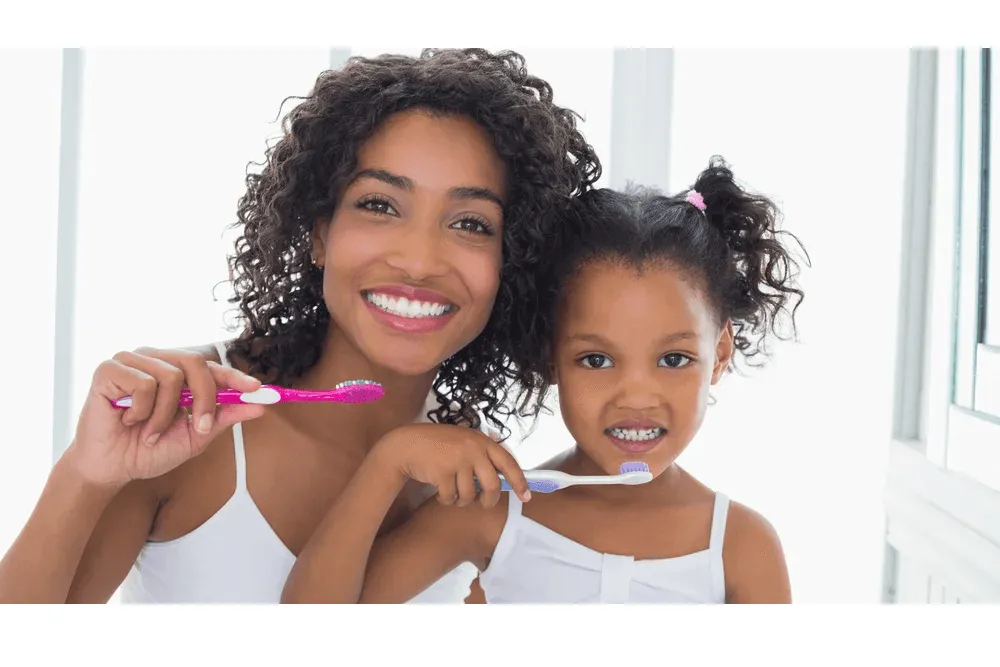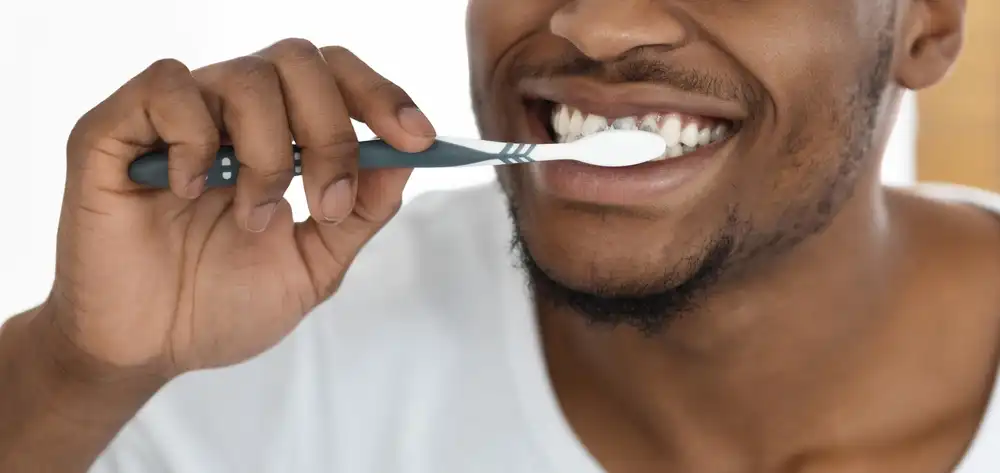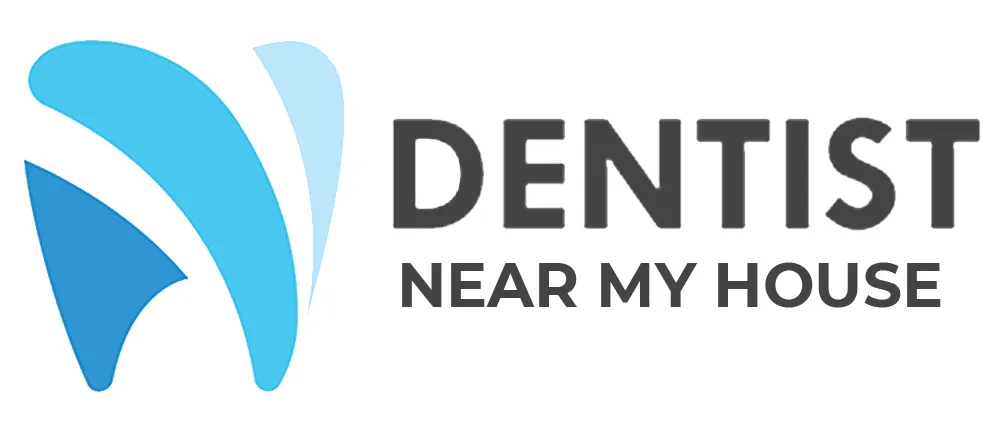
Best Practices for Oral Hygiene
Outline
- Oral Hygiene Introduction
- Importance of Oral Hygiene
- Overview of the Article
- Understanding Oral Hygiene
- Definition and Significance
- Common Oral Health Problems
- Daily Oral Hygiene Routine
- Brushing Techniques
- Choosing the Right Toothbrush
- Proper Brushing Method
- Frequency of Brushing
- Flossing
- Importance of Flossing
- Correct Flossing Technique
- Brushing Techniques
- Advanced Oral Care Practices
- Mouthwash
- Benefits of Mouthwash
- Types of Mouthwash
- Tongue Cleaning
- Why Clean Your Tongue
- How to Clean Your Tongue
- Mouthwash
- Diet and Oral Health
- Foods That Promote Oral Health
- Foods to Avoid
- The Role of Hydration
- Regular Dental Visits
- Importance of Professional Check-ups
- What to Expect During a Dental Visit
- Frequency of Dental Visits
- Oral Hygiene for Children
- Starting Early
- Teaching Kids Proper Techniques
- Special Considerations for Children’s Oral Health
- Oral Hygiene for Adults and Seniors
- Age-Related Oral Health Issues
- Maintaining Oral Health in Later Years
- Dealing with Oral Health Issues
- Identifying Common Problems
- Home Remedies vs. Professional Treatment
- The Impact of Oral Health on Overall Health
- Connection Between Oral Health and Systemic Health
- Conditions Linked to Poor Oral Health
- Myths and Facts About Oral Hygiene
- Debunking Common Myths
- Evidence-Based Facts
- Innovative Oral Care Products
- Latest Trends in Oral Care
- Smart Toothbrushes and Other Gadgets
- Eco-Friendly Oral Hygiene
- Sustainable Oral Care Products
- Reducing Waste in Oral Hygiene
- Conclusion
- Recap of Key Points
- Final Thoughts on Maintaining Oral Hygiene
- FAQs
- How often should I brush my teeth?
- Can poor oral hygiene affect my heart?
- What is the best type of toothpaste to use?
- How can I prevent bad breath?
- Are electric toothbrushes better than manual ones?
Best Practices for Oral Hygiene
Introduction
Oral hygiene involves maintaining a clean and disease-free mouth through consistent brushing and flossing. Good oral hygiene can prevent a myriad of problems such as bad breath, tooth decay, and gum disease. In this article, we’ll explore the best practices for maintaining excellent oral hygiene, ensuring that you can keep your teeth and gums healthy for life.
Understanding Oral Hygiene
Definition and Significance
Oral hygiene refers to the practice of keeping one’s mouth clean and free of disease by regular brushing and cleaning between the teeth. It’s a crucial part of overall health, affecting not just your mouth, but your entire body.
Common Oral Health Problems
Neglecting oral hygiene can lead to several issues, including cavities, gingivitis, periodontitis, and even tooth loss. Bad breath, or halitosis, is another common problem caused by poor oral hygiene.
Daily Oral Hygiene Routine
Brushing Techniques
Choosing the Right Toothbrush
Selecting a toothbrush with soft bristles is essential as it prevents damage to the gums and enamel. An electric toothbrush can also be a good option for a more thorough clean.
Proper Brushing Method
Hold your toothbrush at a 45-degree angle to your gums and use short, gentle strokes. Make sure to brush all surfaces of your teeth, including the outer, inner, and chewing surfaces.
Frequency of Brushing
It’s recommended to brush your teeth at least twice a day—once in the morning and once before bed. Brushing after meals is also beneficial, but wait at least 30 minutes after eating.
Flossing
Importance of Flossing
Flossing removes plaque and food particles from between your teeth, areas where a toothbrush can’t reach. It aids in preventing tooth decay and periodontal disease.
Correct Flossing Technique
Use about 18 inches of floss, winding most of it around your middle fingers, leaving an inch or two to work with. Carefully guide the floss between your teeth, using a fresh section for each tooth..
Advanced Oral Care Practices
Mouthwash
Benefits of Mouthwash
Mouthwash can reach areas not easily accessible by brushing alone, helping to reduce plaque and gingivitis, as well as freshen breath.
Types of Mouthwash
There are various types of mouthwash available, including antiseptic mouthwash for killing bacteria, fluoride mouthwash for strengthening teeth, and cosmetic mouthwash for freshening breath.
Tongue Cleaning
Why Clean Your Tongue
Bacteria can accumulate on your tongue, leading to bad breath and other oral health issues. Cleaning your tongue can help reduce this bacterial load.
How to Clean Your Tongue
You can use a tongue scraper or your toothbrush to clean your tongue. Gently scrape from the back to the front of your tongue to remove the buildup.
Diet and Oral Health
Foods That Promote Oral Health
Crunchy fruits and vegetables like apples and carrots can help clean your teeth as you eat. Dairy products like cheese and yogurt provide calcium, which strengthens your teeth.
Foods to Avoid
Consuming sugary foods and beverages can cause tooth decay . Acidic foods and beverages, like citrus and soda, can erode enamel over time.
The Role of Hydration
Drinking water helps wash away food particles and bacteria, and it also helps produce saliva, which is essential for maintaining oral health.
Regular Dental Visits
Importance of Professional Check-ups
Regular dental visits are crucial for early detection and treatment of oral health problems. Professional cleanings can remove tartar that cannot be removed by brushing and flossing alone.
What to Expect During a Dental Visit
A typical dental visit includes a thorough cleaning, an examination of your teeth and gums, and sometimes X-rays to detect any issues not visible to the naked eye.
Frequency of Dental Visits
It’s generally recommended to visit the dentist twice a year, but your dentist may suggest a different frequency based on your individual needs.
Oral Hygiene for Children
Starting Early
Oral hygiene should begin even before a baby’s first tooth appears. After feedings, gently clean the baby’s gums with a damp, clean cloth.
Teaching Kids Proper Techniques
Encourage children to brush their teeth twice a day and teach them the proper techniques. Supervise them until they can brush effectively on their own.
Special Considerations for Children’s Oral Health
Children’s teeth are more susceptible to cavities, so limit sugary snacks and drinks, and ensure they get enough fluoride, either through toothpaste or water.
Oral Hygiene for Adults and Seniors

Age-Related Oral Health Issues
As we age, we become more prone to oral health issues like dry mouth, root decay, and gum disease. It’s important to continue good oral hygiene practices and visit the dentist regularly.
Maintaining Oral Health in Later Years
Use fluoride toothpaste, drink plenty of water, and consider using an antibacterial mouthwash. Regular dental check-ups are essential for detecting and treating problems early.
Dealing with Oral Health Issues
Identifying Common Problems
Look out for signs like bleeding gums, persistent bad breath, and toothache. These can be indicators of more serious issues that need professional attention.
Home Remedies vs. Professional Treatment
While home remedies can provide temporary relief, they are not substitutes for professional dental care. Always consult your dentist if you have persistent or severe problems.
The Impact of Oral Health on Overall Health
Connection Between Oral Health and Systemic Health
Poor oral health has been linked to several systemic conditions, including heart disease, diabetes, and respiratory infections. Keeping good oral hygiene is essential for overall health.
Conditions Linked to Poor Oral Health
Conditions such as endocarditis, cardiovascular disease, and complications in pregnancy and birth can be exacerbated by poor oral health.
Myths and Facts About Oral Hygiene
Debunking Common Myths
One common myth is that bleeding gums are normal. In reality, they are a sign of gum disease and should be treated promptly.
Evidence-Based Facts
Regular brushing and flossing, along with professional dental care, are proven to maintain oral health. Using fluoride toothpaste is also essential for preventing cavities.
Innovative Oral Care Products
Latest Trends in Oral Care
From charcoal toothpaste to probiotics for oral health, the market is flooded with innovative products. Always check for scientific backing before trying new trends.
Smart Toothbrushes and Other Gadgets
Smart toothbrushes can track your brushing habits and provide feedback to improve your technique. Water flossers are another effective tool for cleaning between teeth.
Eco-Friendly Oral Hygiene
Sustainable Oral Care Products
Bamboo toothbrushes, biodegradable floss, and natural toothpaste are excellent choices for reducing your environmental impact while maintaining oral health.
Reducing Waste in Oral Hygiene
Consider using products with minimal packaging and opting for recyclable or biodegradable materials to reduce waste.
Conclusion
By following these best practices, you can ensure a healthy mouth and a beautiful smile. Remember to brush and floss regularly, visit your dentist, and be mindful of your diet.
FAQs
How often should I brush my teeth?
Brush your teeth at least twice daily—once in the morning and again before bedtime. Additionally, brushing after meals can help remove food particles and prevent plaque buildup. However, it’s important to wait at least 30 minutes after eating acidic foods or drinks to avoid damaging your enamel.
Can poor oral hygiene affect my heart?
Yes, poor oral hygiene can have a significant impact on your heart. Research has indicated that gum disease is associated with a higher risk of heart disease. Bacteria from the mouth can enter the bloodstream and cause inflammation, leading to conditions such as endocarditis (an infection of the heart’s inner lining) and atherosclerosis (hardening of the arteries).
What is the best kind of toothpaste to use?
The best type of toothpaste depends on your specific oral health needs. For general use, a fluoride toothpaste is recommended as it helps strengthen enamel and prevent cavities. If your teeth are sensitive, choose toothpaste specifically formulated for sensitivity. There are also specialized toothpastes for whitening, tartar control, and gum health. Always check for the NDA (Nigerian Dental Association) seal of approval.
How can I prevent bad breath?
To prevent bad breath, it’s important to maintain good oral hygiene habits. Brush your teeth twice a day, floss daily, and clean your tongue to remove bacteria. Drinking plenty of water and avoiding foods that cause bad breath, like onions and garlic, can also help. Chewing sugar-free gum or using a mouthwash can provide temporary relief. If bad breath persists, consult your dentist as it could be a sign of an underlying issue.
Are electric toothbrushes better than manual ones?
Electric toothbrushes can be more effective than manual toothbrushes in removing plaque and reducing gum disease. They often come with features like timers and pressure sensors to ensure you’re brushing correctly. However, the most important factor is using proper brushing technique and brushing for the recommended two minutes, regardless of the type of toothbrush you use.
